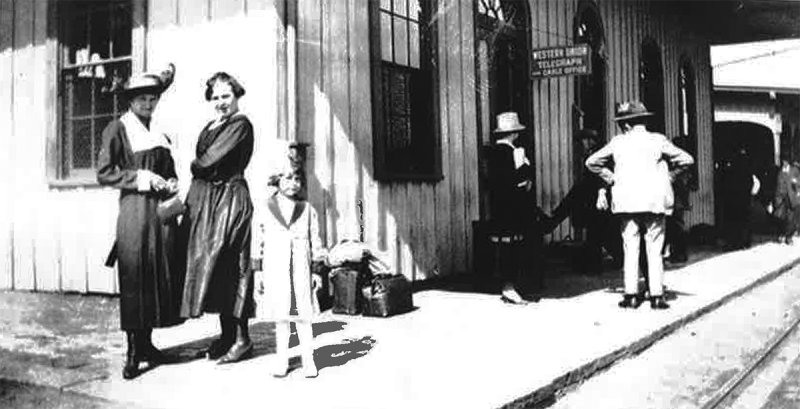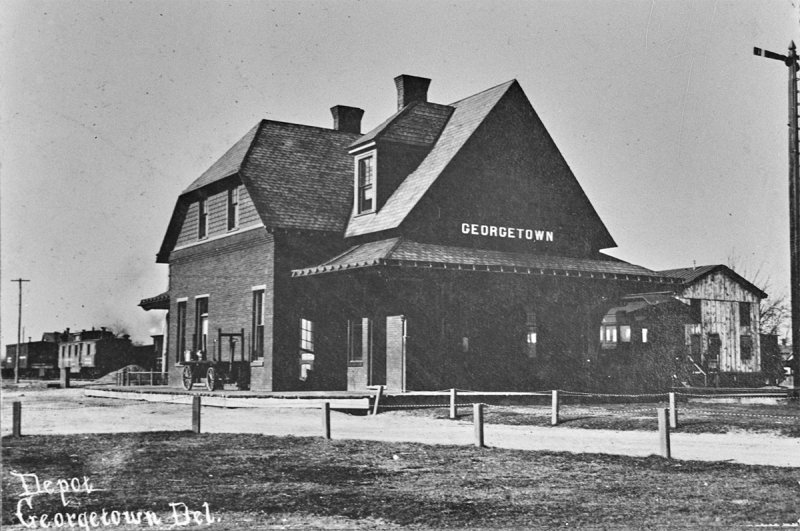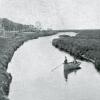Lewes tries to steal county seat title from Georgetown
Georgetown is commonly known as the county seat of Sussex County, but an effort was afoot in the early 20th century to move it back to Lewes.
An article in the Every Evening newspaper May 12, 1902, reports on a movement started by the Lewes Pilot newspaper to move the Sussex County Courthouse to Lewes and take over the title of County Seat.
According to the article, the Pilot’s announcement took Georgetown newspapers by surprise, and they protested vigorously. In response, the Lewes Pilot released a statement, “The Georgetown newspapers realize if the courthouse were to be removed to Lewes their town would blow away. It is is not surprising therefore that they should make such labored efforts in defense of the present location. Their only argument seems to be that Georgetown is in the center of the county and that the town was named after the man who staked it off. After reading their labored efforts, it occurs to us that the people of New Castle County may have made a serious mistake in not selecting for their county seat a corn field in the neighborhood of Porter’s instead of the city of Wilmington, which is far from being centrally located. We repeat that there is a strong sentiment in favor of removing the courthouse to Lewes and all that The Pilot has said in regard to the matter has been based on that sentiment.”
The Every Evening staff also chimed in on the matter, saying the comparison of Lewes to Wilmington is not apt because Wilmington, at the time, boasted a population much greater than Lewes, with the majority of those seeking to due business with the county government already in Wilmington.
“So, if Lewes wants the courthouse, she will have to become a great city, whose people will furnish the large majority of the courthouse business. Then they may ask that the county seat be brought to them, instead of them being compelled to go to the county seat.”
Lewes was the county seat at one time. Being the First Town in the First State, it was the natural choice for early settlers. However, following the establishment of the Mason-Dixon Line to resolve a dispute between William Penn and Lord Baltimore, Sussex County’s borders became more defined.
Western Sussex residents petitioned the Delaware General Assembly to centralize the county seat, and a law was passed in January 1791 to do just that. The county government hired 10 commissioners to purchase land, build a courthouse and jail, and sell lots in the area of James Pettyjohn’s old field.
In May of 1791, 76 acres of land was purchased for a new town. The effort was led by Sen. George Mitchell, and he was rewarded for his efforts by having the town named after him.
By the end of 1791, the county seat was moved to the newly established Georgetown.
Nick Roth is the news editor. He has been with the Cape Gazette since 2012, previously covering town beats in Milton and Lewes. In addition to serving on the editorial board and handling page layout, Nick is responsible for the weekly Delaware History in Photographs feature and enjoys writing stories about the Cape Region’s history. Prior to the Cape Gazette, Nick worked for the Delmarva Media Group, including the Delaware Wave, Delaware Coast Press and Salisbury Daily Times. He also contributed to The News Journal. Originally from Boyertown, Pa., Nick attended Shippensburg University in central Pennsylvania, graduating in 2007 with a bachelor’s degree in journalism. He’s won several MDDC awards during his career for both writing and photography. In his free time, he enjoys golfing, going to the beach with his family and cheering for Philadelphia sports teams.
























































